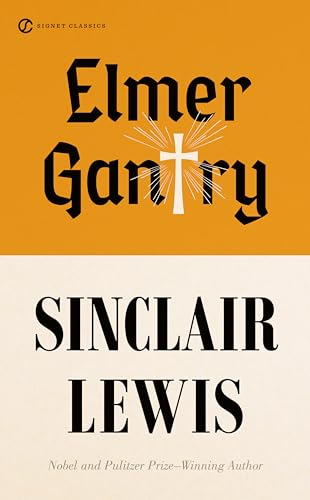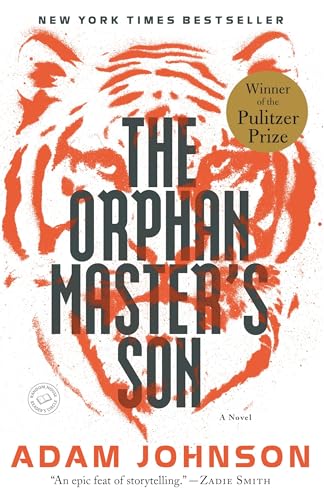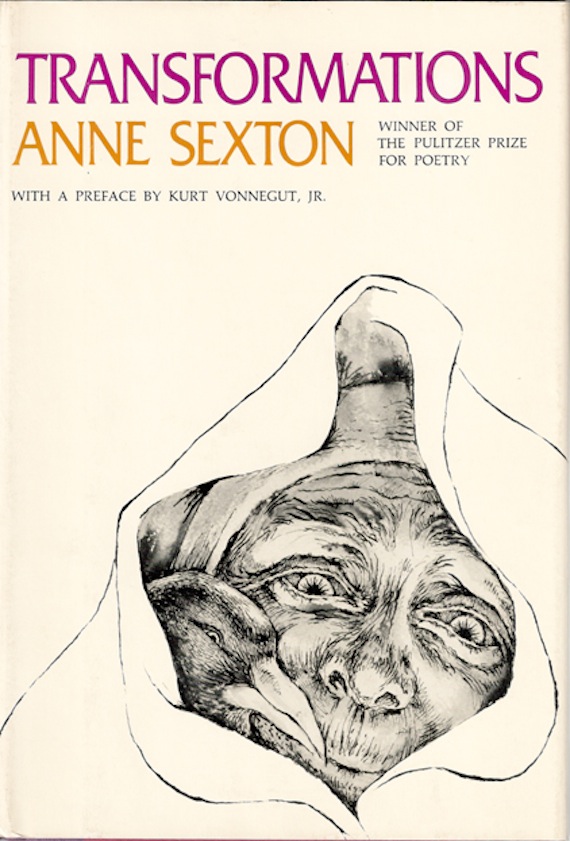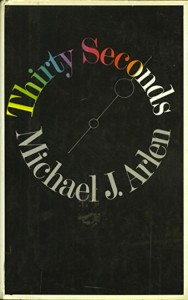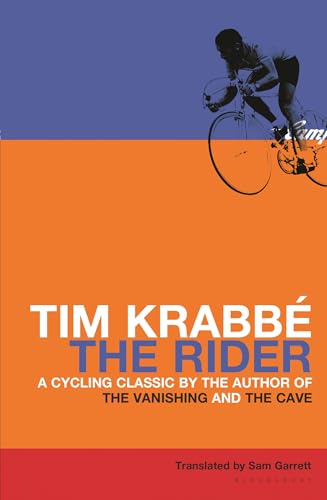 This is what gets lost in the hand-wringing over the mergers and rumors-of-mergers between America’s Big Six (or Big Five?) publishing houses: there are more than six publishers in this country. There are countless presses that continue, every year, to publish great work. They range from the large and very well-established — W.W. Norton and Grove/Atlantic — all the way down to the micro-presses.
This is what gets lost in the hand-wringing over the mergers and rumors-of-mergers between America’s Big Six (or Big Five?) publishing houses: there are more than six publishers in this country. There are countless presses that continue, every year, to publish great work. They range from the large and very well-established — W.W. Norton and Grove/Atlantic — all the way down to the micro-presses.
Somewhere inbetween is Melville House, which for these past few years has been producing, alongside new offerings, a delightful line called The Neversink Library. Out-of-print works, some in the public domain, are resuscitated as slim paperbacks. Harry Houdini’s The Right Way to Do Wrong (subtitle: “A unique selection of writings by history’s greatest escape artist”) is a jewel of the collection.
This is a peculiar little book, a collection of Houdini’s writings on various topics that opens with an endearing and widely applicable list of tips for the aspiring magician:
In winning your audience, remember that “Manners make fortunes,” so don’t be impertinent.
An old trick well done is far better than a new trick with no effect.
Never tell the audience how good you are; they will soon find that out for themselves.
Nothing can give greater delight to the gentler sex than to have some flowers handed to them that you have produced from a hat or paper cone.
Rabbit tricks are positive successes.
Before he was Harry Houdini he was Erik Weisz, born in Budapest in 1874, son of a rabbi. The family emigrated when he was four years old and settled in Appleton, Wis., the town he later claimed as his birthplace: “I am an American by birth,” he wrote, “born in Appleton, Wis., USA, on April 6 1873.” Why not? It’s a harmless enough deception. There’s something moving in the repetition of the statement.
The book displays Houdini’s obvious fixation on the difference between what he did, his harmless deceptions — the card tricks, the “I am an American by birth, born in the USA,” the time he reprogrammed a pair of French letter cuffs on the sly in order to expose a fraud — and the deceptions that cause harm. He is a principled illusionist. The title essay is by far the longest piece in the collection. “I trust this book will afford entertaining, as well as instructive reading,” he wrote in the preface, “and that the facts and experiences, the exposés and explanations here set forth may serve to interest you, as well as put you in a position where you will be less liable to fall a victim.” He goes on to describe, in considerable detail, a dazzling array of cons and acts of perfidy, from overcoat thieves and second-story men to rigged card games and women who work in teams to steal diamonds.
But beyond the criminals, the diamond thieves and the conmen, the collection functions as a glimpse into a fascinating world of low-rent, high-risk stunt performing that’s largely faded away. Sword swallowers still exist, but the days when they could travel the country and fill theaters are over, and theirs is only one of a vast range of peculiar acts that Houdini encountered on the road: “In my earlier days in the smaller theaters of America, before the advent of the B.F. Keith and E.F. Albee Theaters, I occasionally ran across a sailor calling himself English Jack, who could swallow live frogs and bring them up again with apparent ease.”
Besides English Jack, there is “that degenerate, Bosco, who ate living snakes.” There are poison-eaters and stone-eaters and a man whose stage act involves drinking 30 or 40 glasses of beer. Houdini writes at great length of the magnificent Thardo, an unusually beautiful woman with whom he performed in Chicago, whose act was based on her apparent immunity to rattlesnake poison. The collection provides of a glimpse at the fascinations of a truly unusual man, and a glimpse of a younger, stranger America.

